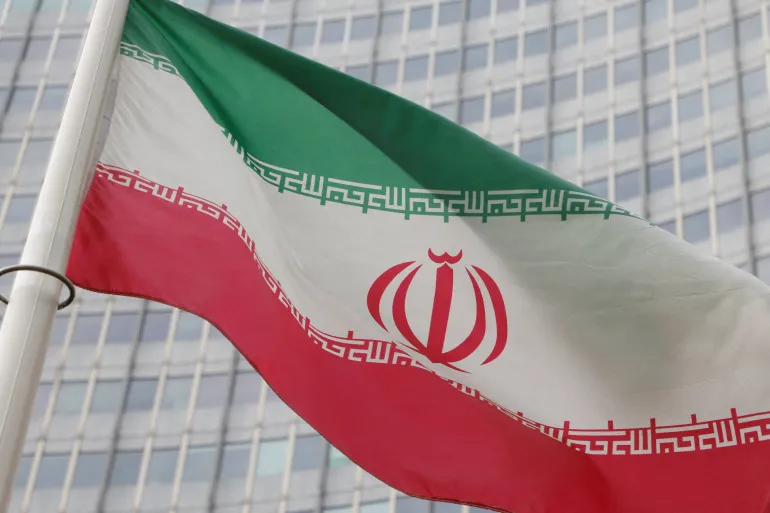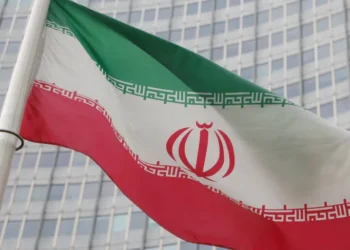France, Germany and the United Kingdom, known as E3 nations have started a process to reimpose sanctions on Iran over its nuclear program.
This move risks further isolating Tehran after its 12-day war with Israel saw its atomic sites repeatedly bombed.
The mechanism, termed “snapback” by the diplomats who negotiated it into Iran’s 2015 nuclear deal with world powers, was designed to be veto-proof at the UN and is likely to go into effect.
It would again freeze Iranian assets abroad, halt arms deals with Tehran and penalize any development of its ballistic missile program, among other measures, further squeezing the country’s reeling economy.
The three nations said in a joint statement, “We will use the 30-day period to continue to engage with Iran on our extension offer, or on any serious diplomatic efforts to restore Iran’s compliance with its commitments.” They called Tehran’s noncompliance “clear and deliberate.”
The European move starts a 30-day clock for the sanctions to return, a period that likely will see intensified diplomacy from Iran, whose refusal to cooperate with the International Atomic Energy Agency’s inspectors started the crisis. The UN General Assembly in September will also likely see Iran as a top focus.
The three European nations warned August 8, 2025, that Iran could trigger snapback when it halted inspections by the International Atomic Energy Agency after Israeli strikes at the start of the two countries’ 12-day war in June. Israeli attacks then killed Tehran’s top military leaders and saw Supreme Leader Ayatollah Ali Khamenei go into hiding.
The deal’s snapback mechanism would expire Oct 18, and the three European nations likely felt now is the time to act. Under the mechanism, any party to the deal can find Iran in noncompliance, triggering renewed sanctions.
After it expires, any sanctions effort would face a veto from UN Security Council members China and Russia — nations that have provided some support to Iran in the past but stayed out of the June war. China as well has remained a major buyer of Iranian crude oil, something that could be affected in “snapback” happens.
Russia in recent days has floated a proposal to extend the life of the UN resolution granting the “snapback” power. Russia also is due to take the presidency of the UN Security Council in October, likely putting additional pressure on the Europeans to act.
Iran threatened Thursday before the announcement to abandon all cooperation with the IAEA if “snapback” moves forward.
Kazem Gharibabadi, a Deputy Foreign Minister, told state television, “We have told them if this happens, the pathway we have opened for working with the IAEA will be completely affected and the process will likely be stopped.”
He added that if they opt for snapback, it makes no sense for Iran to continue working with them.
Snapback Likely To Raise Tensions Between Iran And West
Using the “snapback” mechanism likely will raise tensions further between Iran and the West in a region still burning over the Israel-Hamas war in the Gaza Strip.
The New York-based Soufan Center think tank said that the US and its European partners see invoking the “snapback” as a means of keeping “Iran strategically weak and unable to reconstitute the nuclear program damaged by the US and Israeli strikes.”
It added that Iranian leaders perceive a sanctions snapback as a Western effort to weaken Iran’s “economy indefinitely and perhaps stimulate sufficient popular unrest to unseat Iran’s regime.”
Iran initially downplayed the threat of renewed sanctions and engaged in little visible diplomacy for weeks after Europe’s warning, but has engaged in a brief diplomatic push in recent days, highlighting the chaos gripping its theocracy.
Meanwhile, Iran’s Foreign Minister Abbas Araghchi signaled Iran’s fatalistic view of its diplomacy with the West, pointing out that Israel started the war just as a sixth round of negotiations with the United States were due to take place.
READ ALSO: IMF-Ghana Rep Urges Stricter Fiscal Rule Enforcement, Pledges Technical Support


















